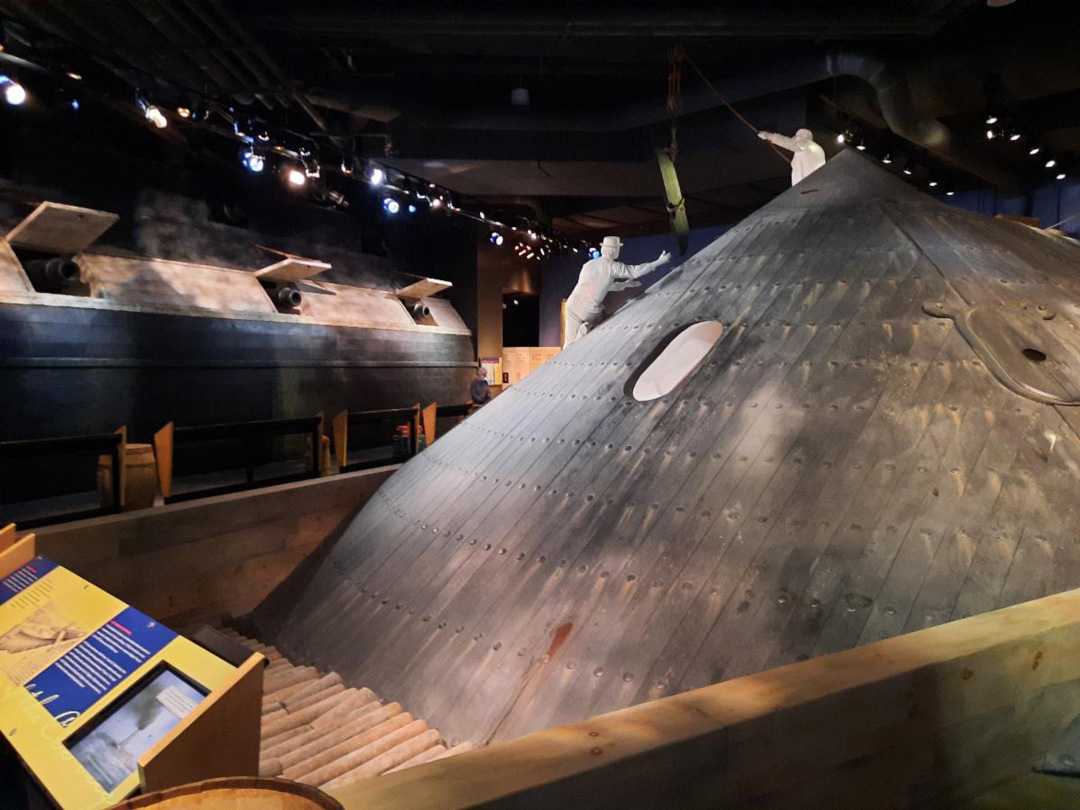National Mariners’ Museum ships in Strand Neo
- Details

The Museum, situated in the city of Newport News, Virginia, holds one of North America’s largest maritime history collections and is designated America’s National Maritime Museum by the US Congress. It has a wide range of fixtures in place ranging from incandescent stage and theatre lights to LED indirect and accent lights.
“One of the key areas within The Mariners’ Museum is our theatre performance space, and we use a lot of cues that sync with timecode to create dramatic lighting effects that help tell the stories we share,” explains Tim Kines, AV exhibit technician at the museum. “We needed to upgrade our control console to add dynamics and effects via a simple-to-use interface, and the Neo fits perfectly.”
In the exhibition areas, Kines and the team use gobos and gels to create mood lighting and cast effects on surfaces. “The level of control we now have with the Neo is impressive,” Kines continues. “We are in the process of training people to became power users of the software, and then the sky's the limit for creativity.”
In addition to extra control capabilities, one of Kines’ key considerations was the ability to transfer show files from the old system to a new one with minimal fuss: “Neo was able to take the original show files we had and translate them to work on the new system. We had to do some tweaking, of course, but it was better than having to do a complete rebuild of the files.”
Kines and his team are looking to upgrade as many fixtures as possible to LED in the near future and, as Kines says, they know that Neo will enable them “to do some more creative lighting setups”.
A dedicated Web UI was created for the museum’s team by Bobby Harrell, systems business development manager, Vari-Lite and Strand at Signify. This HTML page was designed to enable triggering control from outside the Neo software and allows Kines to programme or operate the Neo remotely from any web browser and even using mobile devices. “That way, non-technical users can trigger events without having to know the console software,” says Harrell. “Both our Neo console as well as our Vision.Net architectural control platform have the ability to enable a web server. That is all you need for access. In terms of content, it can be as simple or complex as needed for the facility.”
Kines adds: “This is a simple interface that we have trained up several staff members from various departments on,” Kines continues. “That way, we have some redundancy if AV staff are off site or otherwise occupied.”
Kines worked closely with museum and special events lighting design company Available Light to ramp up the looks within the Mariners’ Museum and control options.

















